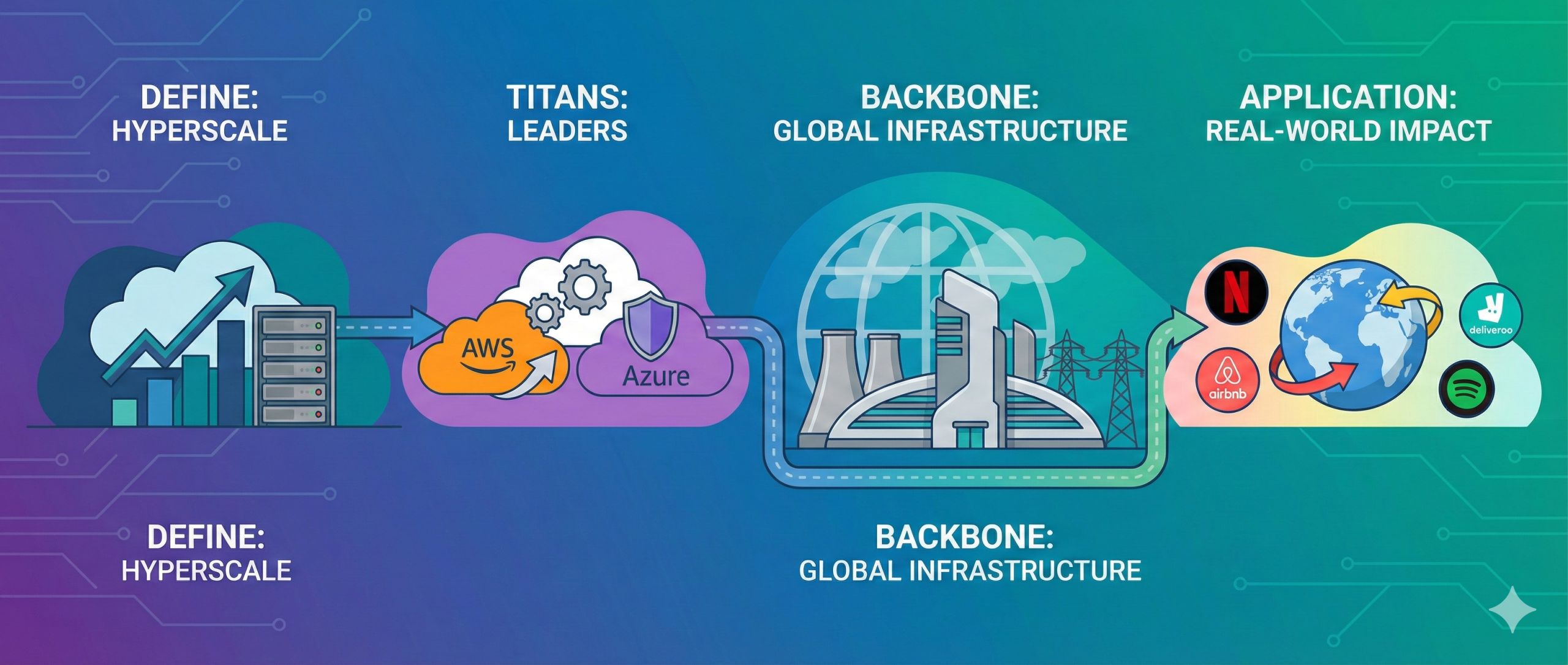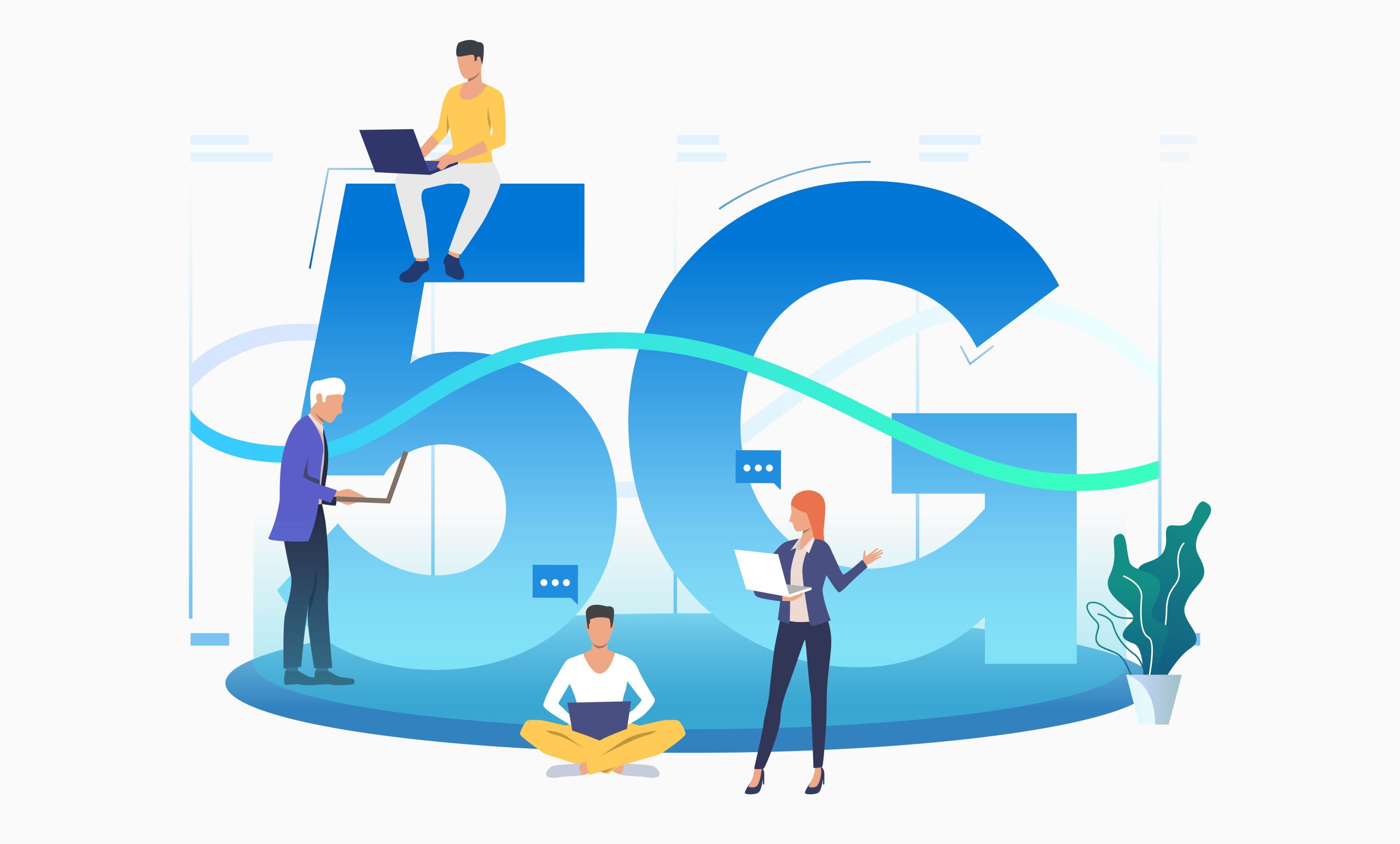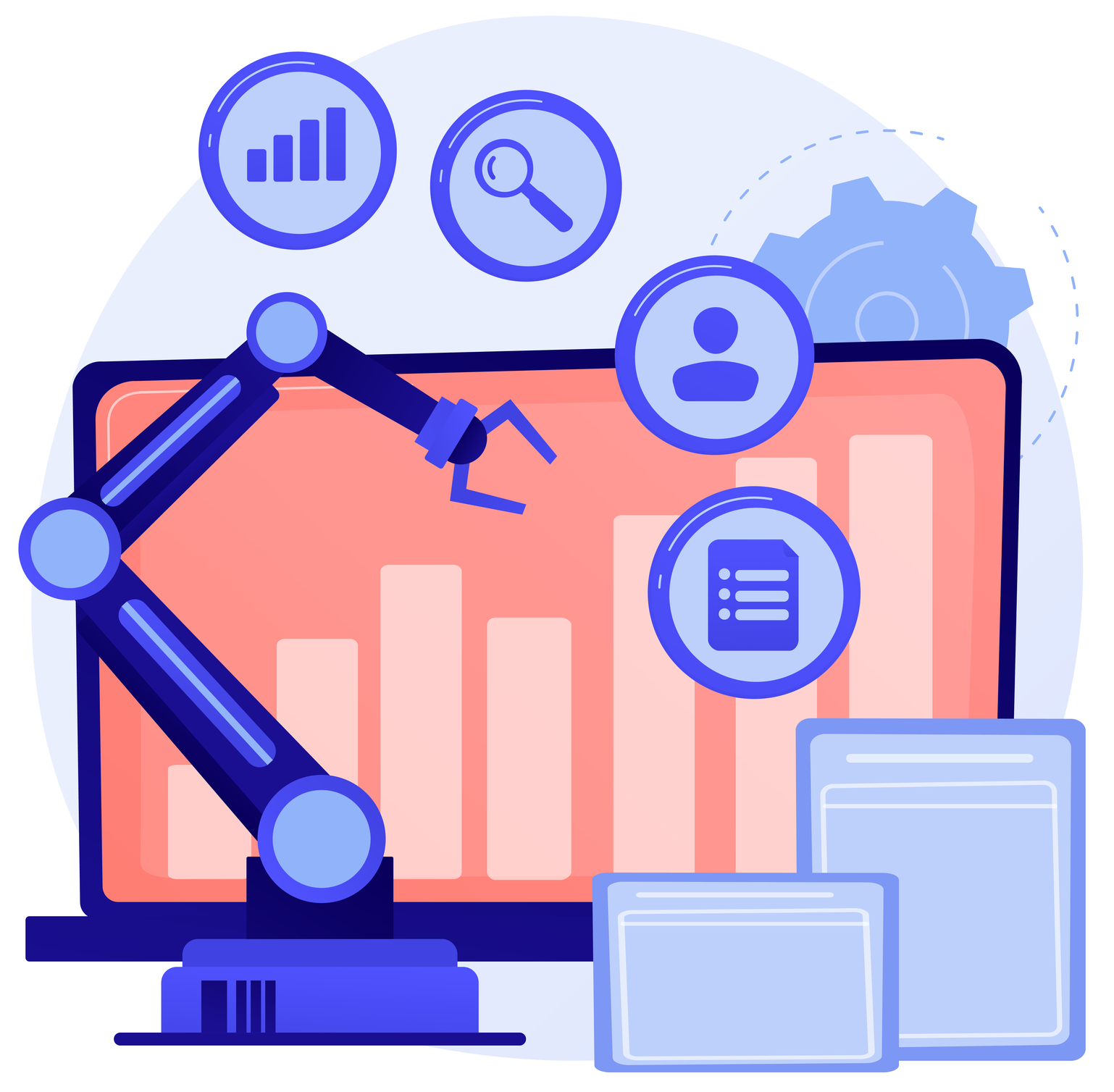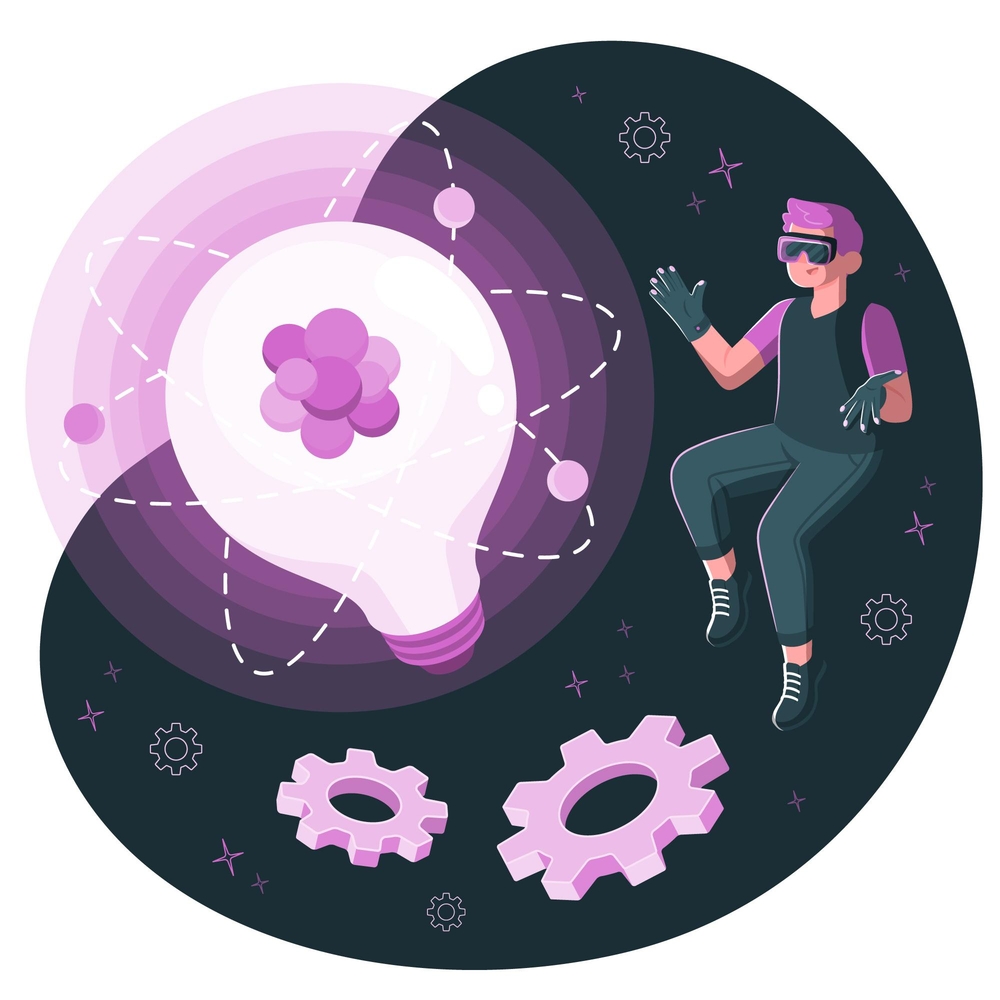Data has become the primary asset for modern enterprises, yet managing the sheer volume of it is an increasing challenge. As workloads expand from terabytes to petabytes, traditional infrastructure often […]
E-Governance vs. GovTech: Decoding the Tech Revolution in Government
The rapid evolution of technology has transformed public administration, bringing e-governance and GovTech to the forefront. While often used interchangeably, these terms have distinct meanings. This blog breaks down the […]
Exploring New Frontiers: Dohatec at the 7th BMIC
The 7th BMIC in Bangkok, Thailand, provided a valuable platform for Dohatec to engage with global leaders in border management and identity solutions. The conference highlighted the importance of collaboration and the role of technology in addressing the challenges of modern border security. Dohatec gained valuable insights into emerging trends and best practices, which will inform the development of innovative solutions and contribute to a more secure and interconnected world.
Doha Securities Achieves FIX Certification for PQCAL: Advancing Bangladesh’s Trading Technology
On October 23, 2024, the Dhaka Stock Exchange (DSE) held a certification ceremony in which Doha Securities received FIX certification for its Order Management System (OMS) platform,PQCAL.This certification, awarded by […]
5G: The Future of Public Services
As 5G technology continues to evolve, it presents a double-edged sword for governments. While its potential to revolutionize public services is immense, it also introduces new challenges related to security, infrastructure, and environmental impact. Striking the right balance between innovation and responsibility will be crucial in harnessing the full potential of 5G.
Robotic Process Automation (RPA): Reshaping Workflows and Innovation in Businesses
In today’s digital landscape, businesses strive for enhanced efficiency and streamlined workflows. Enter Robotic Process Automation (RPA), a game-changing tool revolutionizing operations by automating repetitive tasks previously handled by human employees. By leveraging software robots to execute tasks like data entry and report generation, RPA liberates human potential, enabling focus on higher-value endeavors fostering innovation and strategic thinking. Its diverse applications span industries, from optimizing customer service to driving cost reductions and faster turnaround times. RPA isn’t about replacing humans; it’s about empowering them to transcend mundane tasks and delve into more strategic and innovative initiatives. This technology not only elevates employee roles, such as freeing an accounting professional to analyze financial trends or enabling an HR professional to focus on employee development, but it also enhances customer service through personalized interactions and round-the-clock availability. Moreover, RPA creates opportunities for upskilling and collaboration, fostering a future where humans and technology collaborate seamlessly to achieve remarkable feats.
From Inventions to Innovation: Technology’s Unparalleled Role in Productivity and Economic Growth
Technology has been a driving force behind productivity gains, transformed industries, and directed the path of economic progress. The foundation of economic growth, productivity, has dramatically advanced by technology. The Industrial Revolution and the digital revolution have accelerated progress, and artificial intelligence, robotics, and automation are expected to drive productivity to unprecedented levels, leading to further industry changes. The impact of technology on productivity is expected to grow exponentially, fueling economic growth and shaping the future of work. The introduction of transformative inventions propelled a dramatic transformation in manufacturing processes during the Industrial Revolution. Automation has transformed industrial processes, leading to unparalleled levels of productivity. Finally, information and communication technologies (ICTs) have transformed the workplace, significantly increasing productivity across various industries.
Esports: An Evolving Industry with Exciting Potential for Sports Owners and Investors
Esports, which stands for electronic sports, is a type of competition that uses video games. It is often organized as multiplayer video game tournaments, played by professional players either individually […]
Porto Digital: How a Brazilian Technological Park is Fostering Innovation through the Triple Helix Model
In the bustling city of Recife, Brazil, an innovation district known as Porto Digital is transforming the landscape of technology, creative industries, and entrepreneurship. Established in 2000, Porto Digital embodies […]
Understanding the Triple Helix of Innovation
Innovation has become a driving force behind societal progress and economic growth. But how does innovation happen, and what are the key players involved in the process? One conceptual model […]









